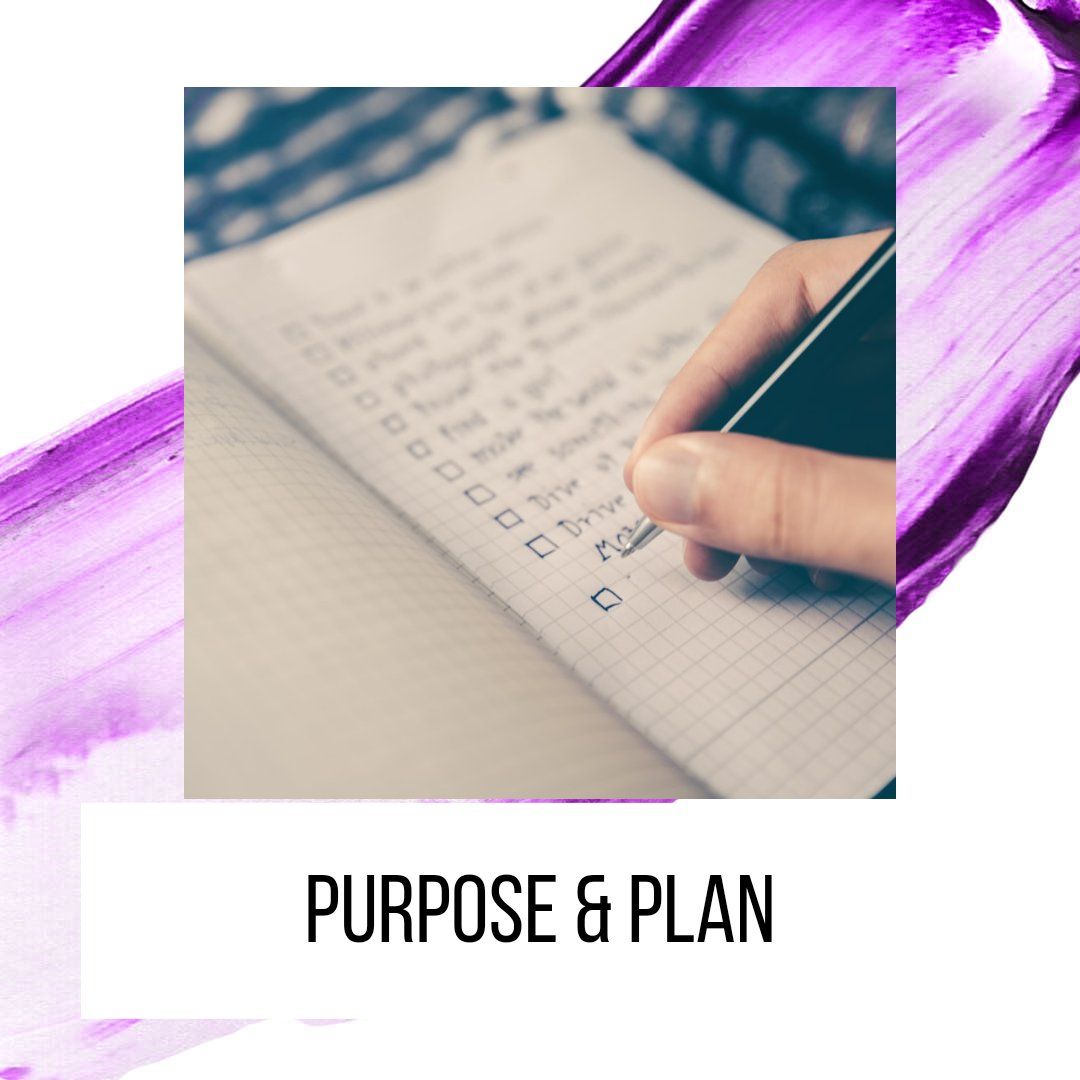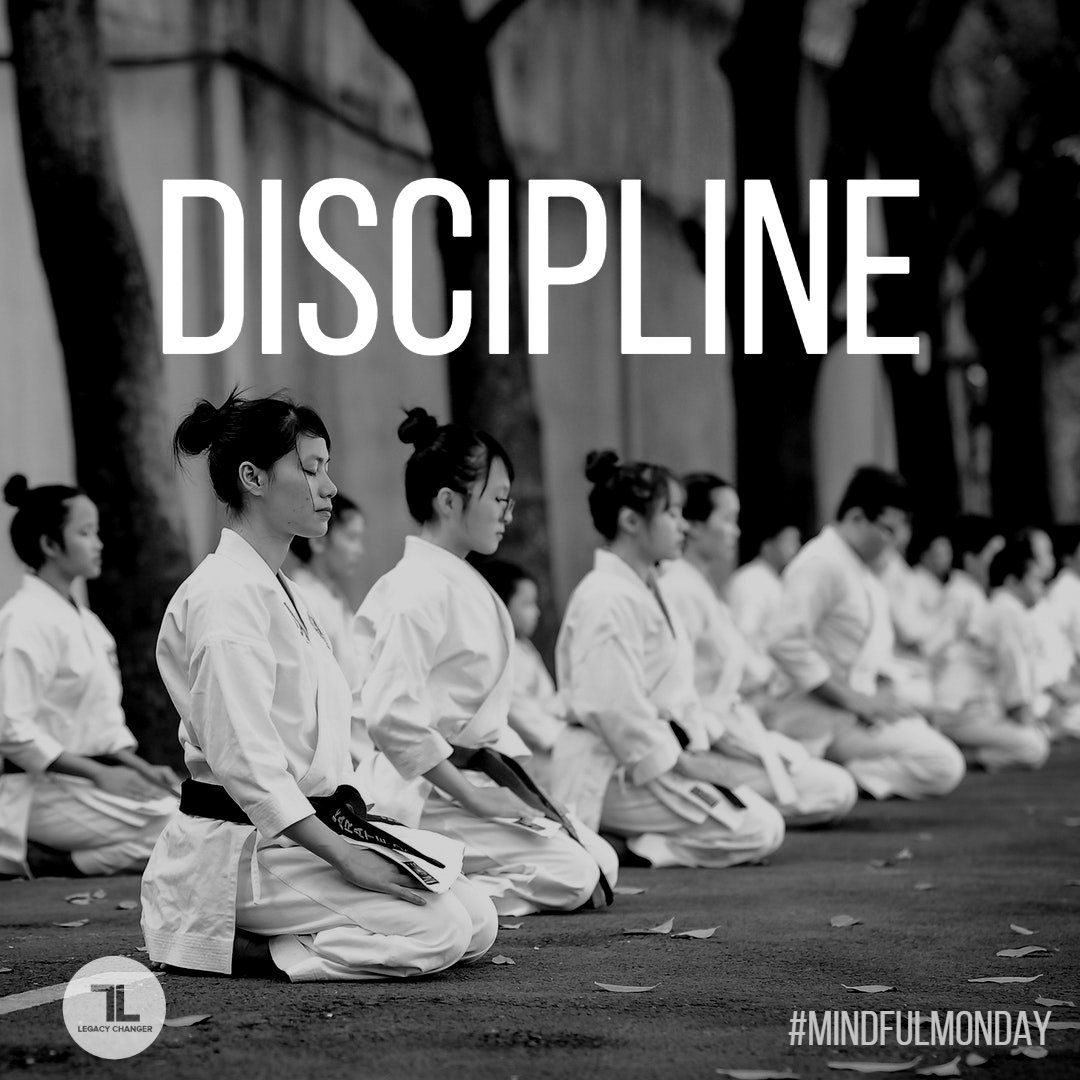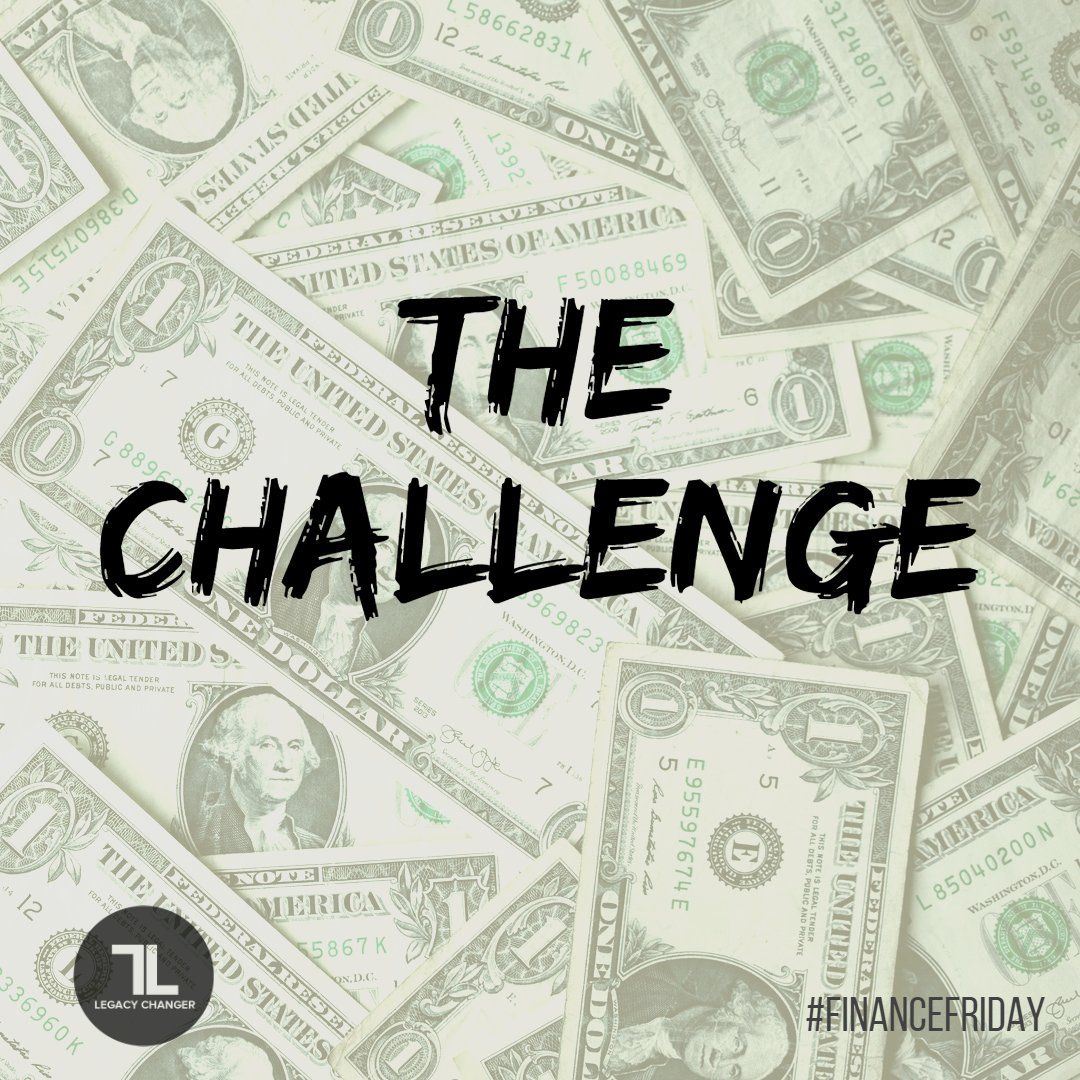Creating a Realistic Savings Plan
Having money in the bank is often a dream and rarely a reality for many. So how do you go about making it happen?
To start, you have to be realistic. Take inventory of your financial health to determine how much you can reasonably save. If you have debt, paying that down is prioritized. No matter how much money you have, if you owe more than what is in your bank account you are still in the negative. If this is your circumstance, you will first focus on creating an emergency fund. The purpose of this is to have a cushion to sustain you in case anything urgent arises while trying to pay down debt. Try to reach for $500 to $1000 dedicating $25 to $50 a paycheck. At $50 a paycheck twice a month you’d reach $500 in 5 months and $1000 in ten. Attaining this level of discipline will not only help you financially but will help you to practice it in other parts of your life as well.
If you are blessed to be debt free, this is the time to start assessing your finances and seeing how your income is being distributed to “wants” vs. “needs”. Ideally, you should aim to save 10-20% of your regular earnings. If your current budget doesn’t make room for that much, see what areas you can cut back in. Think about whether certain bills and subscriptions are necessary. With housing and cars, do you really need a place with all the glitz and glamour or a car with the bells and whistles? Could downgrading to some degree open up opportunities to save more money? Creating savings goals will also help motivate you to make healthy financial decisions.
After you’ve managed to discipline yourself with your savings, you will find yourself excited to discover new ways to save. Be encouraged to make today the first step toward the path of financial freedom.
#financefriday #financialiteracy #financialfreedom #legacychanger #youwantit #gogetit #goals #money #savings #discipline #plan
The Legacy Changer Blog











